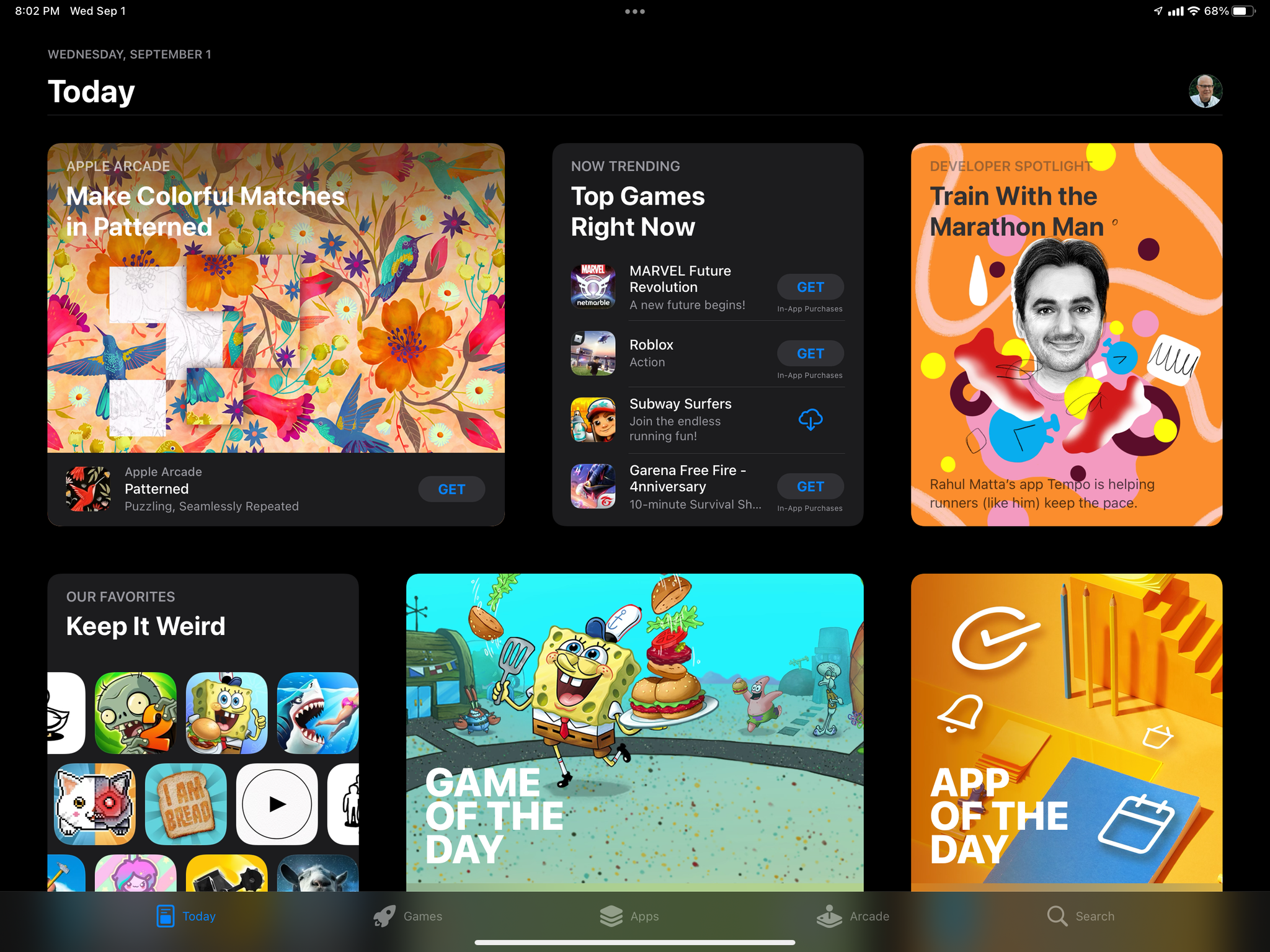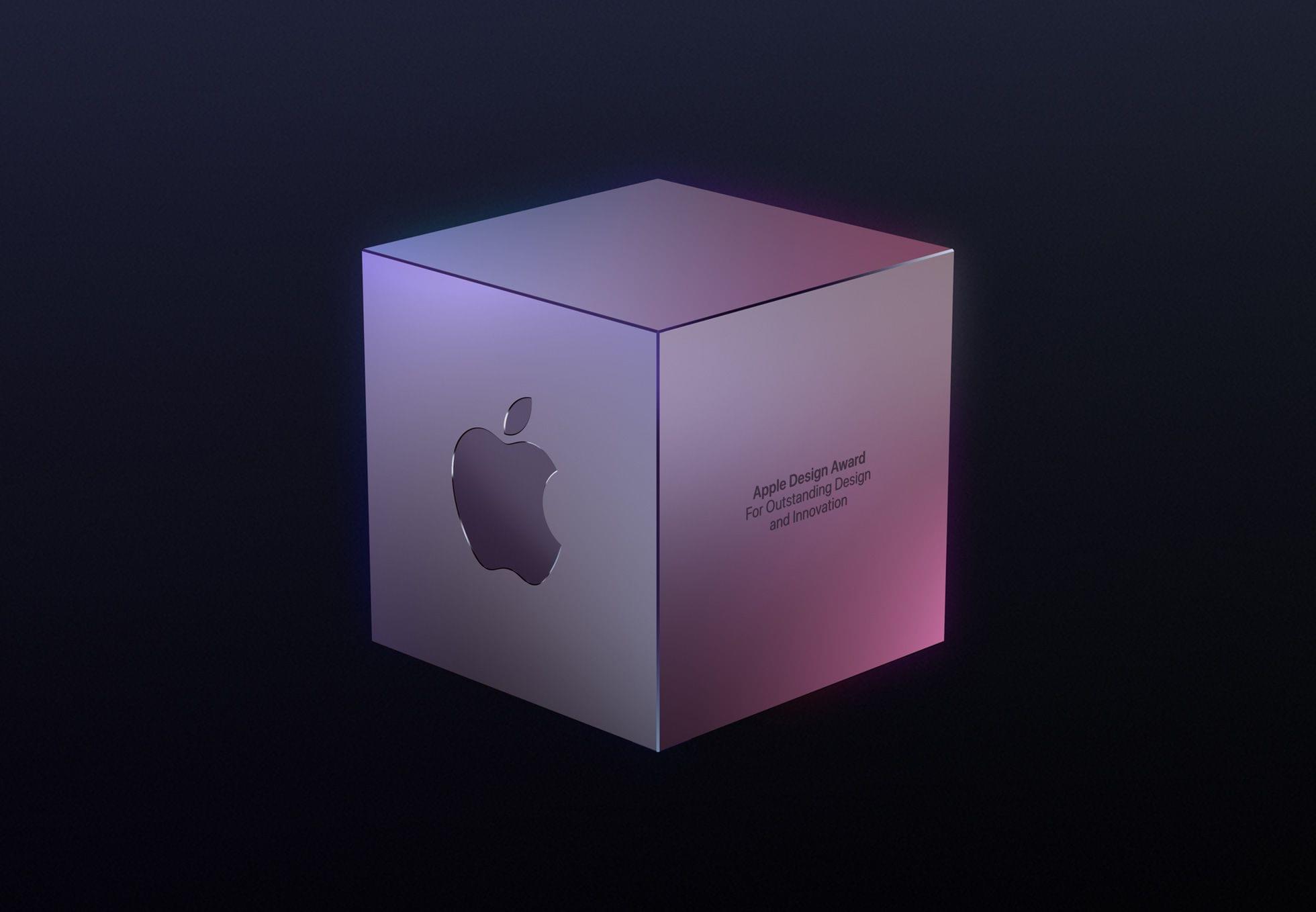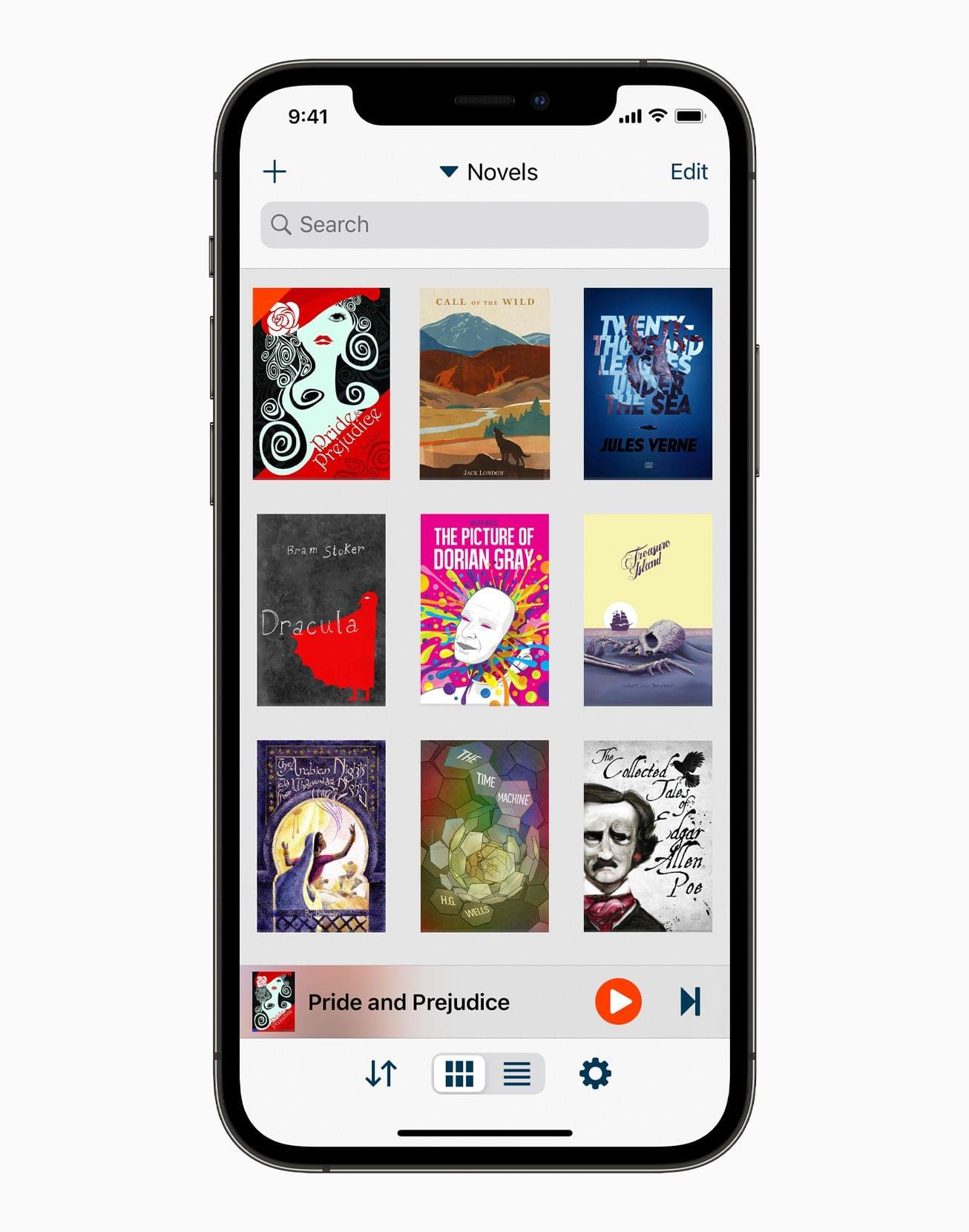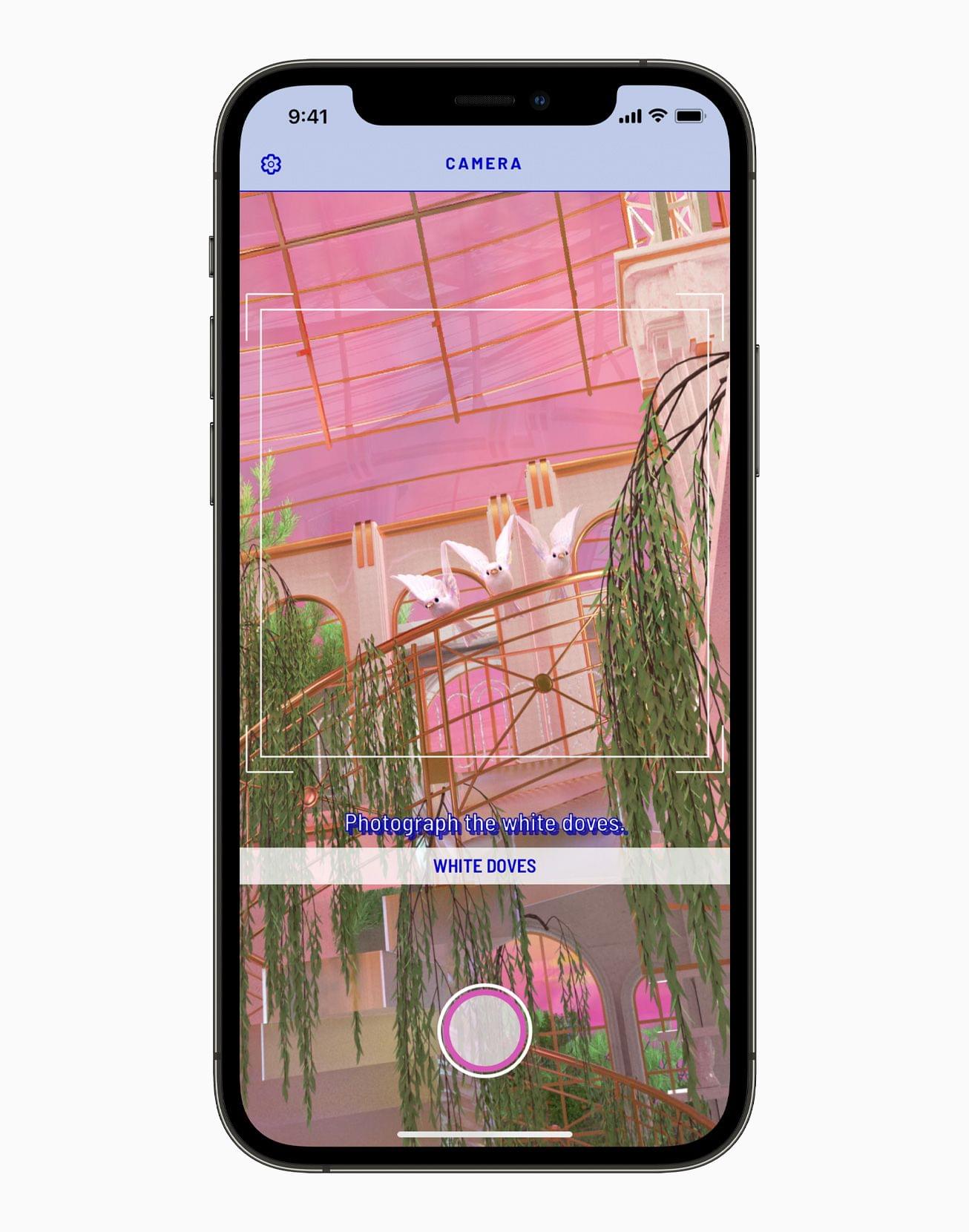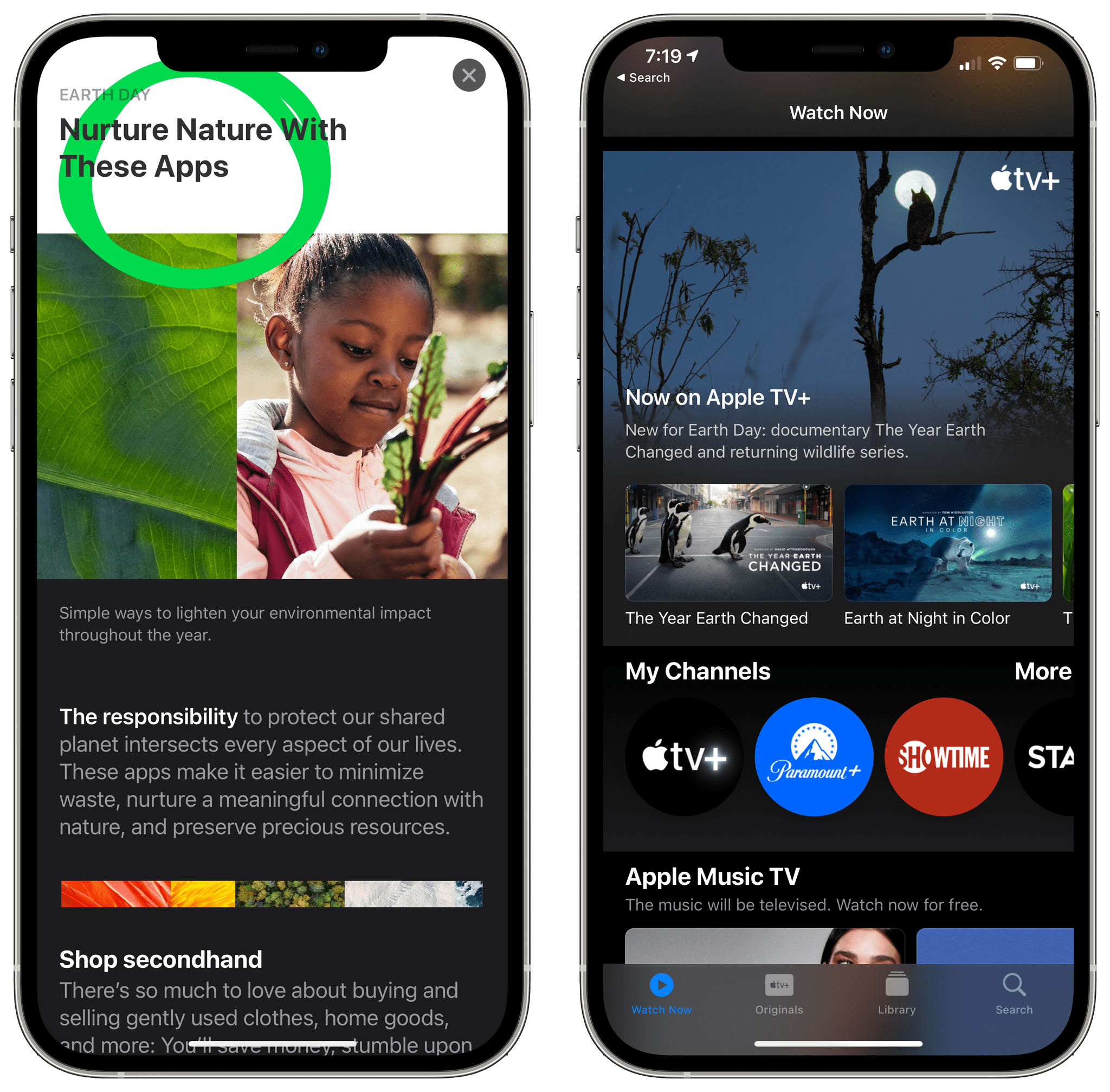Apple has resolved an investigation by the Japan Fair Trade Commission by agreeing to allow ‘reader’ apps to link to websites to set up and manage an account with the app’s provider beginning in early 2022. The agreement reflects a loosening of existing App Store Guidelines and will be applied worldwide, but it’s also narrow.
First, the agreement is limited to what Apple refers to as ‘reader‘ apps. In App Review parlance, these are apps like the Netflix or Spotify apps, which “provide previously purchased content or content subscriptions for digital magazines, newspapers, books, audio, music, and video.’
Second, the developers of ‘reader’ apps can only share ‘a single link to their website to help users set up and manage their account.’ That language suggests, for example, that users could follow a link in the Kindle app to manage their Amazon account and perhaps initiate Kindle book transfers to an Apple device, but it seems to preclude the Kindle app from offering a catalog of books with links to a product page in a web browser. However, the press release does suggest a link could be used to set up a subscription to digital content like Netflix or Comixology Unlimited.
Third, the agreement doesn’t address videogame streaming services, which Apple does not consider to be ‘reader’ apps. Streaming games fall under a separate section of the App Review Guidelines, which require each game to be submitted to App Review.
The changes announced to end the Japan Fair Trade Commission investigation only affect a narrow category of apps and will only provide a single link out to the web. However, the agreement is a sign that the legal and regulatory scrutiny around the world is beginning to force Apple to change how it runs the App Store. With the number of pending lawsuits and investigations that remain outstanding worldwide, I expect we’ll see more of this sort of adjustment to App Store practices in the upcoming months.


